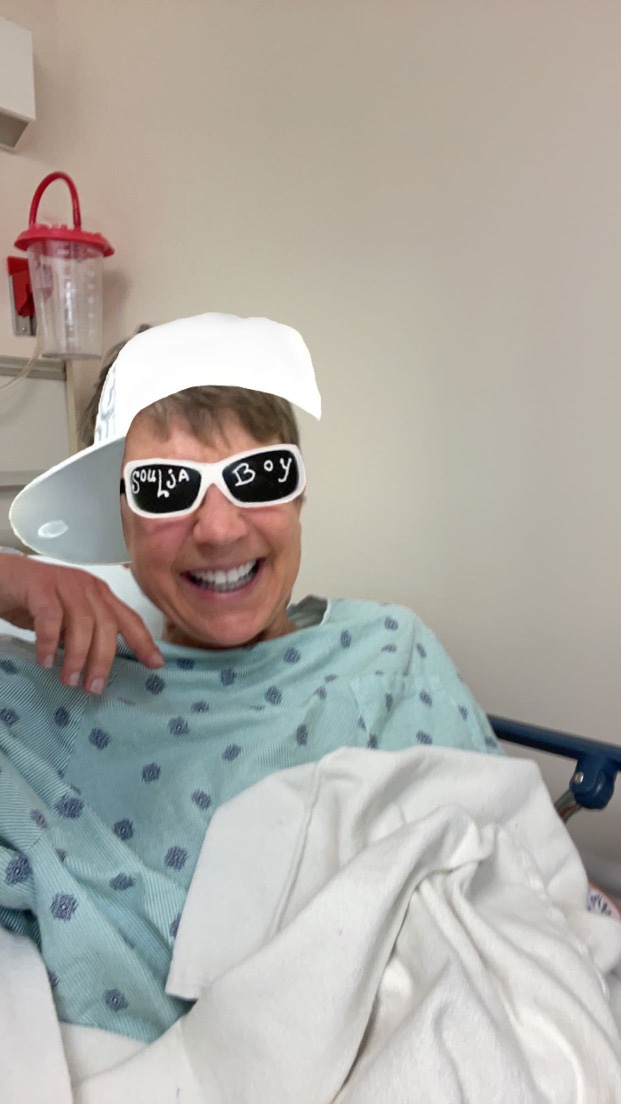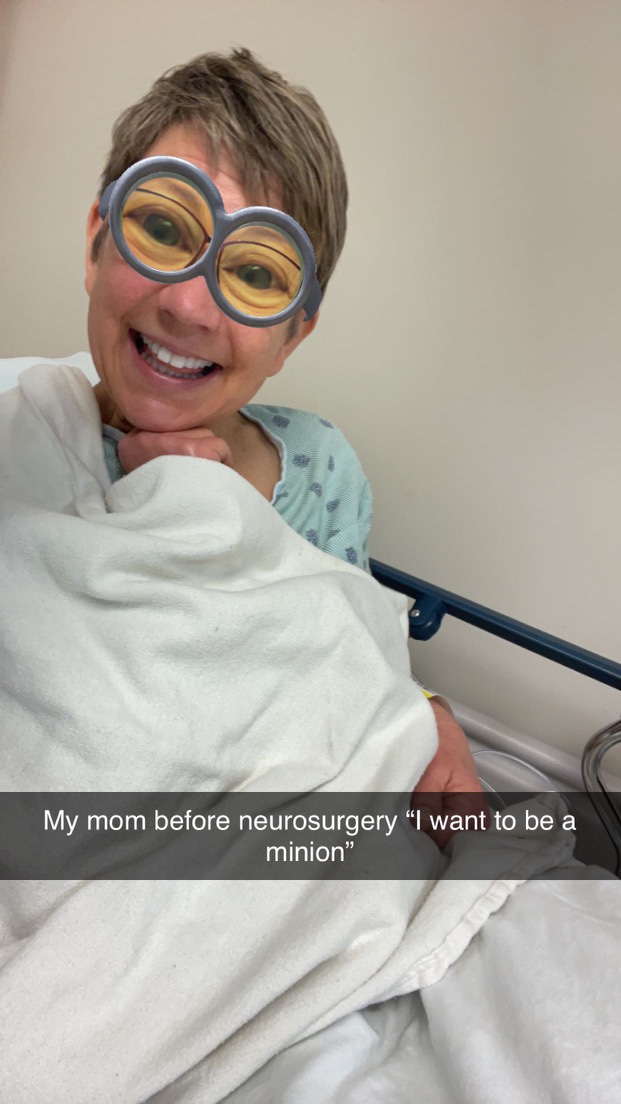“Lift up your two hands; remember one is for helping others while the other is for helping you.”–Israelmore Ayivor
“So, what do you do?”
Her name was Pam. I did not get her last name, but she was one of several nurses with whom I came into contact during my recent stay in a local hospital due to a surgical procedure. Pam was a competent, no-nonsense, veteran nurse, and she was asking me this question on my second day when my thinking was a bit less clouded by anesthesia and pain meds.
“I am a teacher, and I write,” was my simple response.
She asked several more polite questions regarding teaching while taking my vitals and dispensing meds; in turn, I asked about her work experience.

Then, she asked what I wrote about it. I tried to describe the various topics about which I most often wrote, and I ultimately summed it up by explaining that I tried to focus my writing on the positive topics, especially the ways in which readers can positively impact themselves and/or others.
My response really got her talking about the fact she believed there was too much negativity put out into the world. Pam then invited John, my husband, and me to imagine what would happen if people would take time to say one nice thing to another person? She went on to ask us to further envision those people, in turn, saying one nice thing to another person, and the way in which the chain of positivity would most likely continue.
Then, she looked at me and implored, “That’s what I want you to write about next.”

Pam made an excellent point. There is way too much negativity in the world, and I do not want to disappoint Pam. That is because she, along with Jennifer, Natalie and Brittany took excellent care of me immediately following surgery. However, Pam spent the longest amount of time with me over those two days, so this piece is written, not only in honor of Pam, but also in honor of all those who positively impacted my recovery.
Based upon my interactions with Pam, her professional conduct exemplifies what she was preaching to me. Specifically, when Pam first took charge of my care, when I was transferred from the post-surgery area to a hospital room, she insisted that I walk from the stretcher to the bed in the room. Of course, she guided and steadied me, as I was still strongly under the influence of anesthesia and pain meds, but her insistence established a positive tone for my recovery: the affirming belief that I could take ownership of my recovery.
Pam urged me to walk within the first 30 minutes of arriving on the floor. Again, she steadied me. When I asked how far I was supposed to go, she did not limit me. In fact, she told me to choose my directions and go as far as I wanted to go within the confines of the floor. Therefore, I felt compelled to go the full length of my boundaries, albeit ever-so-slowly and on wobbly legs initially.

Those first walking efforts were then met with praise and encouragement. Phrases like, “You’re doing great,” or “That’s good,,” buoyed my bruised spirit. Furthermore, when I apologized for moving slowly, she kept encouraging me. When I worried about being so unsteady, she instructed me to look straight ahead in the direction in which I was moving.
Furthermore, Pam (and the rest of the nurses) insisted I do as much as I could on my own. She did not hold onto me long, once my muscle memory of walking returned. To be sure, her hands were at the ready each time I waivered a bit, but she always maintained a stance that facilitated as much independence as I could muster.
Of course, I fully admit several of my memories are veiled under a haze of postoperative fog. Nonetheless, the ones that remain, I believe, are stored there because of the positive efforts of nursing staff, family, and friends.
In fact, several studies validate that the way in which a person reacts to specific events or situations determines, not only one’s ability to commit to memory what happened, but also affects one’s ability to recall that event/situation later. What’s even more interesting is that memories of emotional events are more vivid and remain more accurate as time passes.

This explains why, when I was first separated from John and my daughter and taken to a pre-operative area, I began to feel real tinges of fear. I was left alone in a curtained off corner with operating staff moving all around while other patients were being wheeled by for surgery. Furthermore, I did not have my glasses on, so my vision was not clear. Panic began to set in, and slow tears began to trickle out of my eyes.
Two distinct and separate memories remain from that time-period. First, there was a female who kept looking at me from across the room. I have no idea her position, but suddenly she walked over to me with a small box of hospital-issued tissues. I do not remember precisely what she said, but her voice was soothing, her eyes were kind, and her gentle pat with her gloved palm communicated understanding.
In contrast, several long moments later, the anesthesiologist arrived with a nonplussed look that quickly turned into a look of frustration when he heard that I had Raynaud’s disease, which could potentially affect the arterial line he needed to draw for the surgery. While I knew it wasn’t my fault, as I had repeatedly shared this information throughout the numerous paperwork, somehow the information had missed him. Immediately, my level of fear increased, not only because I irrationally felt he was angry with me, but also because my brain began to overthink about the two IVs, arterial line in my wrist, and a slew of other needles that would be involved during the procedure.
The unknown female in the pre-op room actions versus the aggrieved attitude of the anesthesiologist, perfectly illustrate Pam’s point. If you spread negativity, even unintentionally, it lingers with others, and can potentially spread. Likewise, when you offer others kindness, generosity, patience, and positivity it ripples out in waves across humanity; however, instead of stirring up little fires of fear, those positive qualities quell the fears and anxieties of troubled hearts, and perhaps, offer hope to those in need.
Thank you, for the exemplary reminder, Pam. Wherever you are, may your day be filled with positive moments worth remembering in the same way I will remember you, and the rest of the nurses, who not only cared for me, but chose, and continue to choose, to positively impact lives. Thank you.








